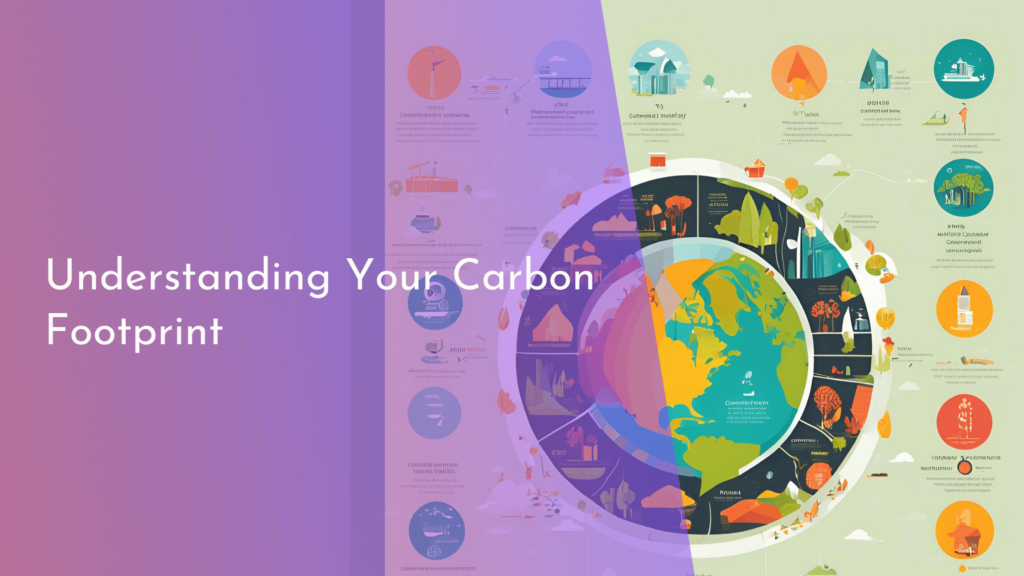The Connection Between Fair Trade and Ethical Sourcing
In today’s globalized marketplace, consumers are increasingly concerned with the origins of the products they purchase. Two key concepts that are making waves in this regard are fair trade and ethical sourcing. Both aim to promote more sustainable and equitable business practices, but they approach these goals from slightly different angles. This article will explore the principles of fair trade, delve into the nuances of ethical sourcing, and illustrate how fair trade efforts bolster ethical practices, ultimately benefiting communities around the world.
Understanding Fair Trade Principles
Fair trade is an organized social movement and market-based approach that aims to help producers in developing countries achieve better trading conditions and promote sustainability. At its core, fair trade focuses on advocating for better prices, decent working conditions, local sustainability, and fair terms of trade for farmers and workers in the developing world. The movement seeks to address the injustices of conventional trade, which traditionally discriminates against the poorest and weakest producers, by encouraging dialogue, transparency, and respect in international trade.
One of the fundamental principles of fair trade is the payment of a fair price. This means that producers receive a price that covers not only their costs of production but also provides a living wage. Fair trade also emphasizes the importance of long-term trading relationships and encourages environmentally sustainable farming practices. By supporting fair trade-certified products, consumers are not only getting quality goods but also contributing to a system that empowers disadvantaged producers and fosters economic growth in their communities.
Ethical Sourcing: What It Means Today
Ethical sourcing goes hand-in-hand with fair trade but covers a broader spectrum of responsible business practices. It refers to the process of ensuring that the products being sourced are obtained in a responsible and sustainable way, with a focus on the ethical treatment of workers and environmental conservation. Ethical sourcing encompasses various aspects, including labor rights, animal welfare, and reducing carbon footprints. The concept has gained traction in recent years as businesses respond to growing consumer demand for transparency and sustainability in their supply chains.
Today, ethical sourcing is about more than just compliance with regulations; it’s about companies actively engaging in practices that contribute positively to society and the environment. This involves scrutinizing supply chains to ensure that materials are sourced from suppliers who uphold ethical standards, such as fair labor practices, humane treatment of animals, and minimal environmental impact. Companies that commit to ethical sourcing demonstrate social responsibility and can cultivate a positive brand image, while consumers can make informed choices that align with their values.
How Fair Trade Supports Ethical Practices
Fair trade plays a crucial role in supporting ethical sourcing by setting rigorous standards that producers must meet to be certified. These standards cover a range of ethical practices, including fair wages, safe working conditions, environmental sustainability, and community development. By adhering to these standards, fair trade producers automatically align with the broader goals of ethical sourcing. This creates a symbiotic relationship where fair trade serves as a benchmark for ethical practices, providing a framework that companies can adopt to ensure their supply chains are responsibly managed.
Furthermore, fair trade certification offers consumers a straightforward way to identify ethically sourced products. Labels such as Fairtrade Mark provide assurance that products have been sourced according to stringent ethical guidelines. This not only aids consumers in making conscientious purchasing decisions but also encourages more companies to adopt fair trade principles. As a result, fair trade acts as a catalyst for widespread ethical behavior in global supply chains, ultimately driving systemic change in how goods are produced and traded.
The Positive Impact on Communities Worldwide
The benefits of fair trade and ethical sourcing extend far beyond the individual producers; they ripple out to impact entire communities. By ensuring fair prices and ethical treatment, fair trade enhances the quality of life for farmers and workers, providing them with the means to support their families and invest in their communities. This can lead to improved access to education, healthcare, and other essential services, fostering long-term economic and social development.
Additionally, the environmental standards upheld by fair trade and ethical sourcing contribute to the sustainability of communities. By promoting environmentally friendly practices, fair trade helps protect natural resources, ensuring that they can be utilized by future generations. These practices often lead to healthier ecosystems and more resilient local economies. As communities reap the benefits of fair trade and ethical sourcing, they become more empowered and better equipped to address challenges, paving the way for a more equitable and sustainable world.
The connection between fair trade and ethical sourcing is a powerful alliance that holds the potential to transform global trade for the better. By adhering to fair trade principles, businesses can ensure that their sourcing practices are ethical, sustainable, and beneficial to producers and communities alike. As consumers continue to seek out products that align with these values, they drive demand for fairer and more transparent supply chains. Ultimately, embracing fair trade and ethical sourcing isn’t just good for producers and the planet; it’s good for business and society as a whole, creating a brighter future for everyone involved.

